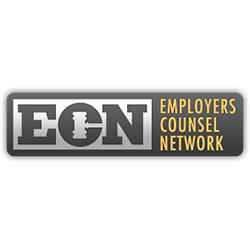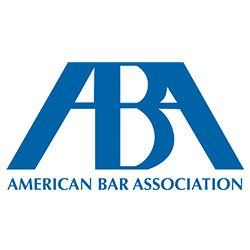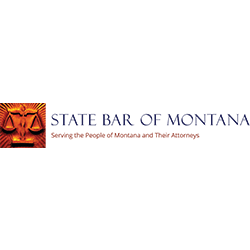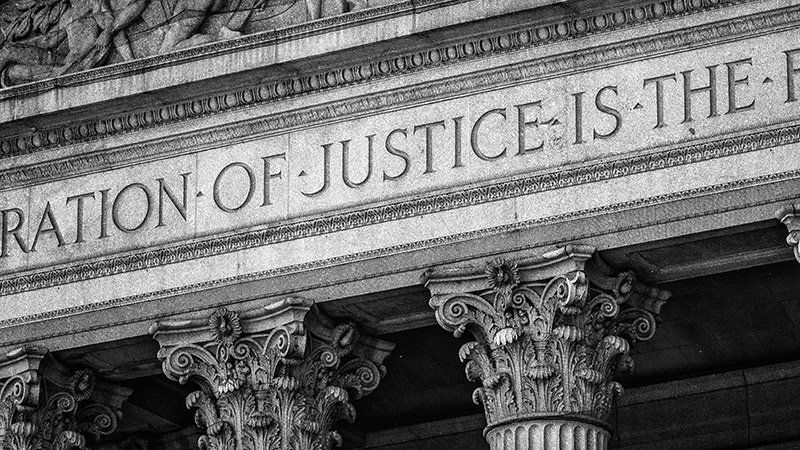Appeals Attorney in Billings, MT
Appealing Your Case
When clients and other lawyers need to protect a good result or reverse a bad one, they turn to Ritchie Manning Kautz PLLP to handle their appeal. We guide clients through every phase of federal and state appeals, including:
- Merits briefing
- Oral argument
- Motions practice
- Amicus briefs
- Supersedeas bonds
Procedures Taken to Avoid Appeals
We also regularly counsel clients and assist other lawyers on complex substantive and procedural issues at the trial level to better plan for, or to avoid and appeal:
- Summary judgment and other dispositive motions
- Post-trial motions
- Jurisdictional issues
- Pre-trial, trial, and post-trial strategy
Our appellate experience includes multiple arguments in the U.S. Court of Appeal for the Ninth Circuit, and successful appeals covering a broad range of substantive areas, such as constitutional issues, intellectual property, environmental law, employment disputes, real estate, and commercial matters, among others.
Some of Our Cases
Representative cases in which one of our lawyers served as lead appellate counsel include:
- Flagstone Development, LLC v. Joyner, 787 Fed. App’x 368 (9th Cir. 2019).
In a years-long case involving dispute over a multi-million dollar land transaction, the Ninth Circuit affirmed an earlier entry of judgment on all tort claims against our client, confirmed that the district court properly excluded the other party’s damages experts, and held that summary judgment in favor of our client was appropriate on breach of contract. The result was a complete victory for our client.
- Western Security Bank v. Schneider Ltd. Partnership, 816 F.3d 587 (9th Cir. 2016).
Considering the issue for the first time, the court adopted a two-step process for determining whether jurisdiction exists under Section 16(a) of the Federal Arbitration Act (FAA), and held that because the opponent’s motion for a stay did not seek relief under the FAA, the court lacked jurisdiction to consider an appeal from the denial of that motion.
- Alcohol Monitoring Sys., Inc. v. BI Inc.,
No. 2014-1266 (Fed. Cir. July 13, 2015). The Federal Circuit summarily affirmed the district court’s grant of summary judgment in a patent dispute involving technology underlying some of the remote electronic monitoring devices used by courts and law enforcement.
- Masters Grp. Int’l, Inc. v. Comerica Bank, 352 P.3d 1101 (Mont. 2015).
The Montana Supreme Court reversed a $52 million jury verdict in a breach of contract case against Comerica Bank, adopting each of the arguments made in an amicus curiae brief one of our lawyers drafted.
- Northland Royalty Corp. v. Engel, 339 P.3d 599 (Mont. 2014). The Montana Supreme Court held that the controlling statute permitted the client to rely on the authority of a personal representative of an estate, the court’s ruling returned ownership to the client of millions of dollars in mineral rights.
- Slagter v. Citibank, N.A., 348 P.3d 169 (Mont. 2014). The Montana Supreme Court affirmed the dismissal of a wrongful foreclosure case, ruling that the Montana Uniform District Court rules do not allow a non-moving party to unilaterally convert a motion to dismiss into a summary judgment motion by attaching matters outside the pleadings to its response, and thus gain an extra seven days to respond.
- Tulio-Hernandez v. Holder, No. 13-70553 (9th Cir.). After receiving the opening brief drafted by one of our lawyers, the government voluntarily moved to remand to the Board of Immigration Appeals for reconsideration of an asylum application—a result that effectively gave the client the relief he would have received had he fully prevailed on the merits.
- Burnett v. PPL Montana, LLC, 2013 WL 6331591 (Mont. Dec. 3, 2013). The Montana Supreme Court affirmed the district court’s dismissal of claims alleging participation in an illegal boycott and a conspiratorial scheme to deny the plaintiffs employment.
- Flexible Lifeline Sys., Inc. v. Precision Lift, Inc., 654 F.3d 989 (9th Cir. 2011). The Ninth Circuit vacated a preliminary injunction and held that, under the Copyright Act, a copyright holder seeking a preliminary injunction is no longer entitled to a presumption of irreparable harm upon a showing of a likelihood of success on the merits. Other courts have subsequently cited this case more than 70 times.
Contact RMK Law to Assist in Your Appeal
Our appellate services help to alleviate any issues you may encounter if your case is taken to appeal. We can also try to keep you from having to appeal with procedures taken by RMK Law. Contact us today at (406) 601-1400 to speak with an attorney at our Billings office.









